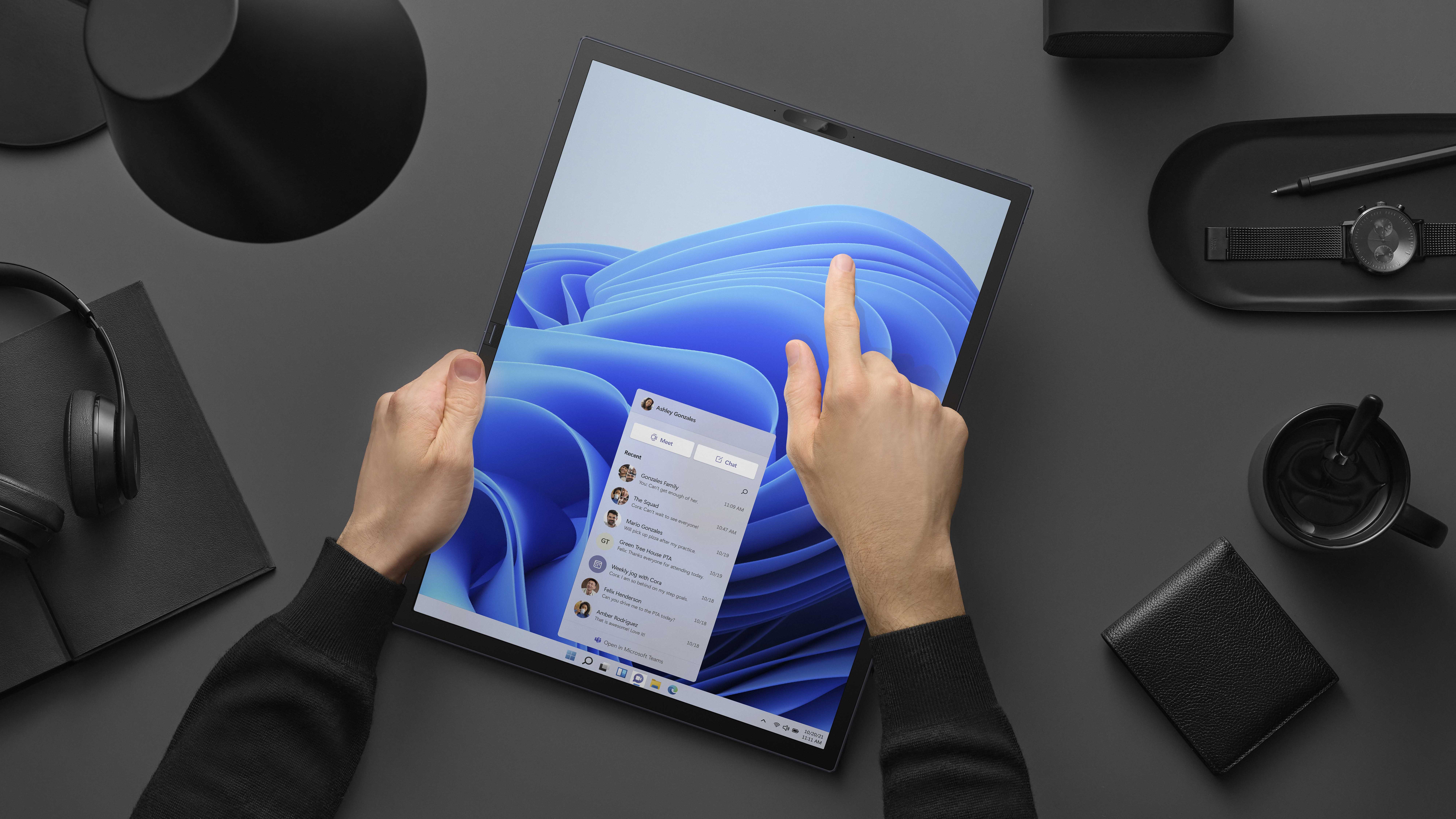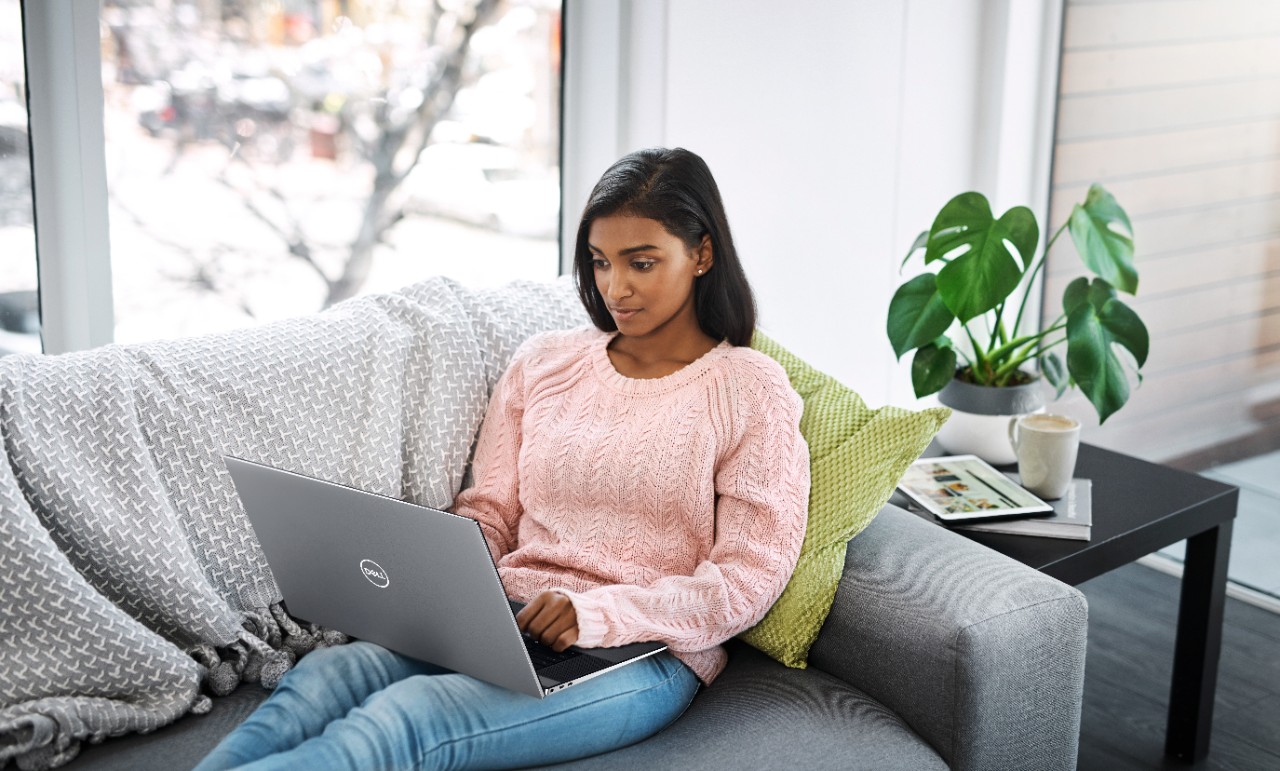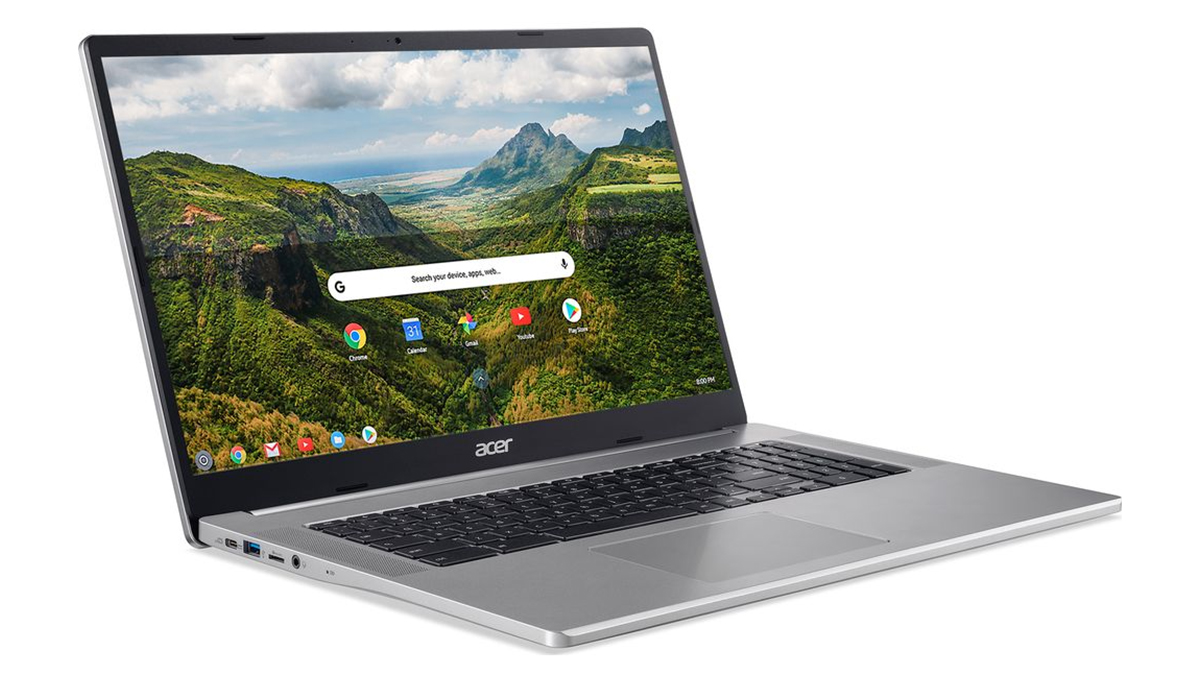

Asus announced their first-ever laptop with a foldable screen way back in January at CES. More recently at IFA in Berlin, we’ve finally heard when it’s due to hit the shelves. You’ll be able to buy this innovative piece of kit during the last quarter of 2022, but will it be right for you?
We’ve seen a whole host of foldable phones in the last few years, but foldable laptops haven’t quite taken off yet and they seem a long way off from being considered some of the best laptops you can buy. Asus is hoping to change that with the launch of the Asus Zenbook 17 Fold OLED, a 17.3-inch tablet computer combo that folds up to look like a standard laptop.
I’ve managed to get my hands on one, and after having tested it out over a number of weeks, I think that there are a few reasons why you would want to buy this PC as well as a couple of reasons why it might not be the best choice for you just yet.
It’s 3 devices in 1
Thanks to the foldable display, the Asus Zenbook 17 Fold OLED combines all of your office kit into one. You can use it as a laptop propped partially open, a tablet lying out flat or a desktop PC if you use the kickstand on the back - it comes with a wireless keyboard included in the box for those who spend a lot of time typing.
The screen is fantastic
The foldable screen is a thing of beauty thanks to the 17.3-inch FOLED display which has a 2.5K resolution of 2560 x 1920p, 4:3 aspect ratio, Dolby Vision and 500 nits of peak brightness. It looks superb no matter what type of content you display on it, with bold vibrant colours, sharp details and a good level of contrast.
You get solid sound quality
Built-in Harman Kardon-certified quad speakers with Dolby Atmos deliver punchy and powerful sound with plenty of depth, much more so than a lot of other laptops you can buy. You'll be able to use the Asus Zenbook 17 Fold OLED to stream videos and even listen to music.
Performance is hit and miss
Despite being loaded with some of the latest hardware including a 12th Gen Intel Core i7 processor, the Asus Zenbook 17 Fold OLED can be a little hit and miss when it comes to performance. It'll cope just fine with low-level creative work but it'll struggled with larger video games, and the battery life was pretty average too having lasted just 6 hours in our video tests.
Sign up to the T3 newsletter for smarter living straight to your inbox
Get all the latest news, reviews, deals and buying guides on gorgeous tech, home and active products from the T3 experts
The price will make your eyes water
Being brand new technology, the foldable screen on the Asus Zenbook 17 Fold OLED doesn’t come cheap. At launch, it will set you back a whopping $3,500 in the US and £3,300 in the UK which is a lot more than even the best 2-in-1 laptops will cost you.

Yasmine is the former Reviews Writer for T3, so she's been knee-deep in the latest tech products for reviewing and curating into the best buying guides since she started in 2019. She keeps a finger on the pulse when it comes to the most exciting and innovative tech – and since departing has also held a role as Digital Spy's Tech Editor. In her free time, you'll catch her travelling the globe – the perks of being a freelance tech expert – tending to her plants when at home and, but of course, planning her next big trip.
-
 Dell XPS 17 (9720) review: heavyweight power
Dell XPS 17 (9720) review: heavyweight powerThe updated Dell XPS 17 (9720) offers loads of processing power but at the cost of portability
By Richard Baguley
-
 Should I buy the Acer Chromebook 317?
Should I buy the Acer Chromebook 317?Should the Acer Chromebook 317 be your next laptop purchase?
By David Nield

